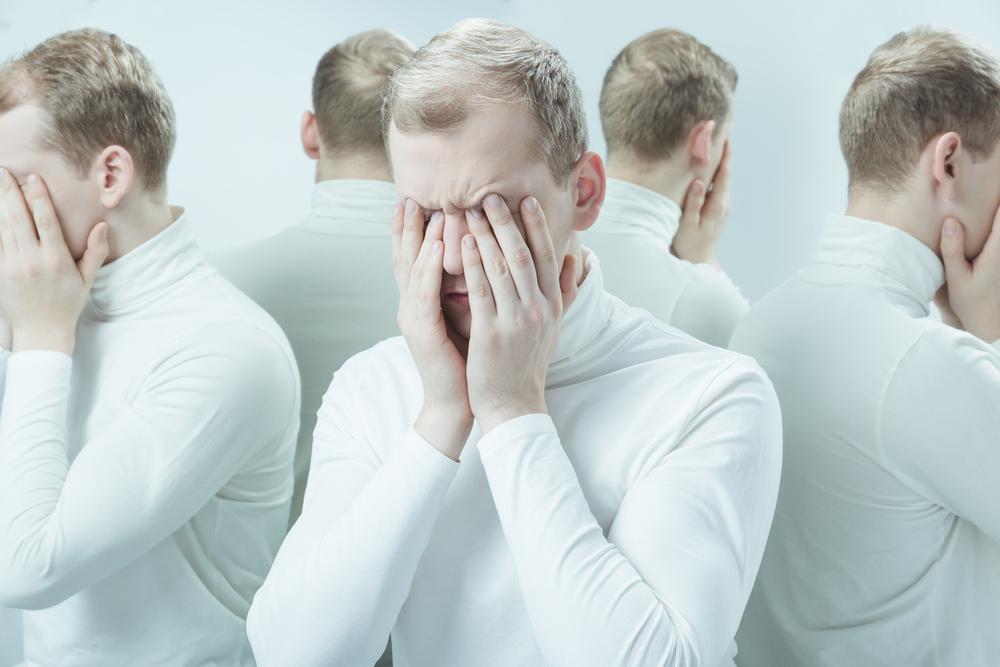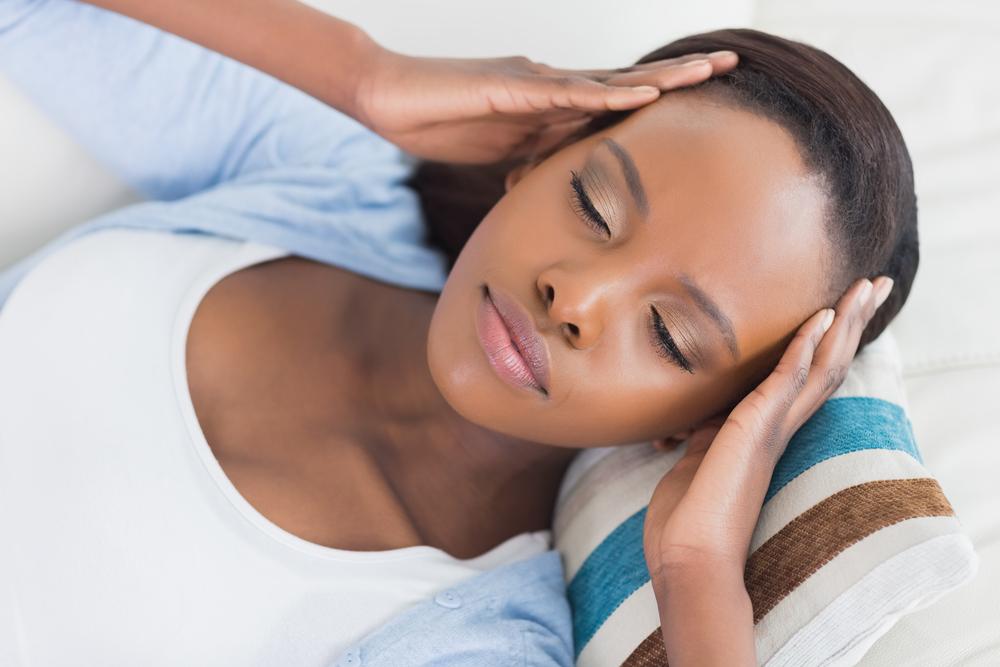Top Strategies for Overcoming Opioid Dependency
Discover effective methods to combat opioid addiction through medication-assisted treatments. Learn about Methadone, Buprenorphine, and Naltrexone, their roles, and the importance of medical supervision for recovery. This article offers a comprehensive overview of addiction management strategies, emphasizing personalized treatment and professional guidance for successful recovery.

Top Strategies for Overcoming Opioid Dependency
Disruptions to the body's normal functions can cause significant discomfort, especially when dealing with persistent pain. Chronic pain stemming from surgeries, injuries, or other health issues often leads physicians to prescribe opioids—powerful pain relievers that come with the risk of addiction. Dependence and tolerance are common side effects, which can severely impact an individual's life. Fortunately, opioid addiction is treatable through various methods, including hospitalization or medication-assisted therapies.
Medications play a crucial role in recovery, with options tailored to each patient's needs:
Methadone
Methadone is an FDA-approved medication that aids in opioid addiction recovery. It acts as a synthetic opioid agonist, reducing withdrawal symptoms and easing cravings by targeting opioid receptors in the brain. Although it does not induce euphoria after treatment, it has been effectively used for over four decades to support recovery.
Buprenorphine
This medication is a partial opioid agonist, meaning it binds to the same brain receptors as opioids like heroin but activates them less intensely. Buprenorphine helps decrease dependency and withdrawal symptoms without causing a euphoric effect, provided appropriate doses are taken.
Naltrexone
Naltrexone is an opioid antagonist that blocks opioid receptors, preventing any effects of opioid medications. Unlike Methadone and Buprenorphine, it does not alleviate withdrawal symptoms or cravings but works by eliminating the rewarding sensations associated with opioid use.
Each medication operates differently, emphasizing the importance of consulting healthcare professionals before starting any treatment, as self-medication can be risky.










